Home>Gardening & Outdoor>Landscaping Ideas>What Does Bleach Do To Grass
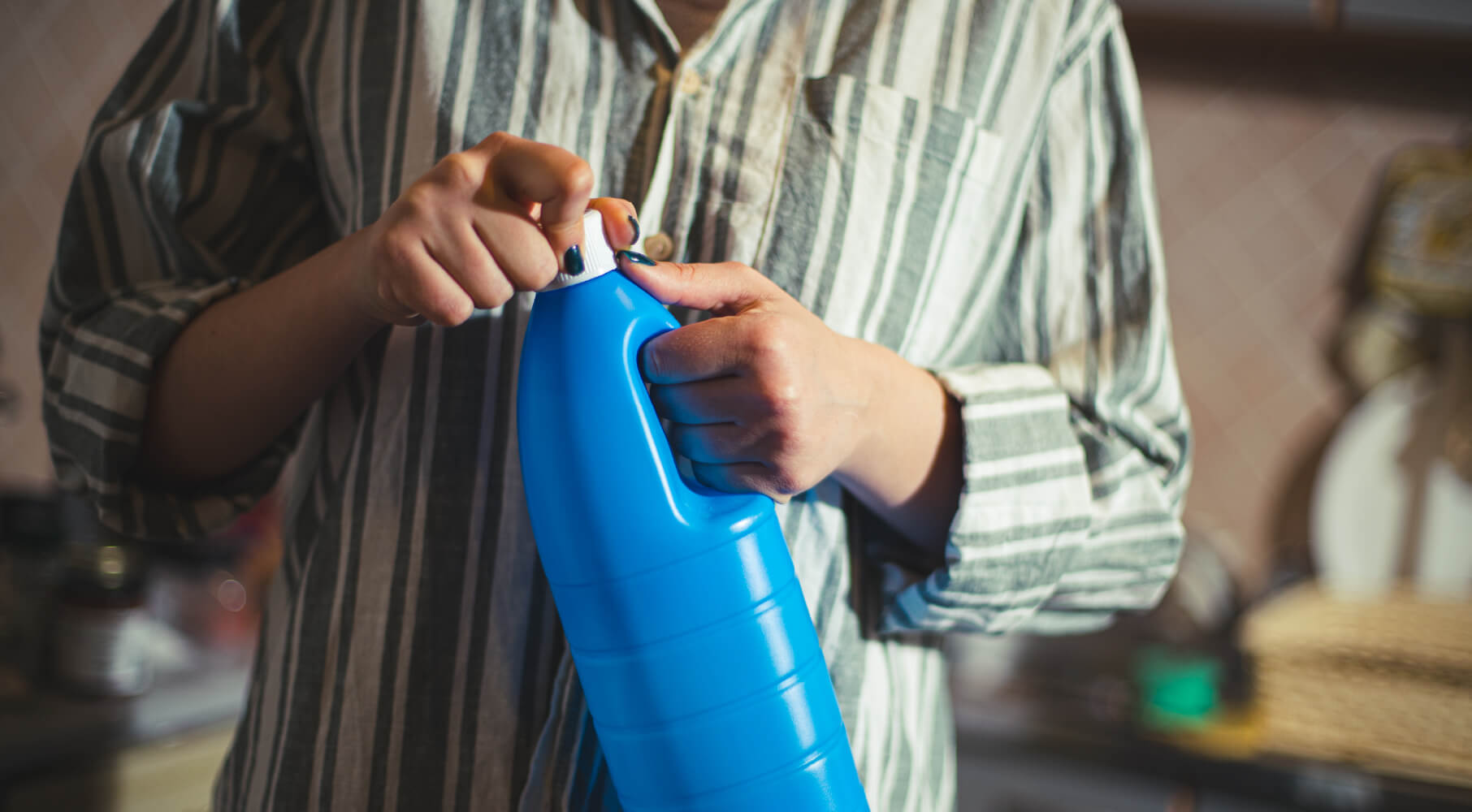

Landscaping Ideas
What Does Bleach Do To Grass
Published: January 26, 2024
Learn how bleach affects grass and get expert landscaping ideas to prevent damage and maintain a healthy lawn. Discover effective solutions for your yard today!
(Many of the links in this article redirect to a specific reviewed product. Your purchase of these products through affiliate links helps to generate commission for Storables.com, at no extra cost. Learn more)
Introduction
When it comes to maintaining a lush and vibrant lawn, homeowners often go to great lengths to ensure the health and beauty of their grass. However, accidents happen, and one common mishap involves the accidental spillage of bleach on the lawn. While bleach is a powerful cleaning agent that serves numerous purposes around the house, its impact on grass can be detrimental. In this article, we will explore the effects of bleach on grass, how to mitigate potential damage, and preventive measures to safeguard your lawn’s well-being.
Whether you’re a seasoned gardener or a novice homeowner, understanding the implications of bleach on grass is essential for preserving the natural splendor of your outdoor space. So, let’s delve into the world of lawn care and learn more about the impact of bleach on grass.
Key Takeaways:
- Bleach can harm grass by causing discoloration, burning, stunted growth, root damage, and soil contamination. Diluting, containing, rinsing, and seeking professional advice can help prevent damage.
- Understanding the impact of bleach on grass is crucial for maintaining a vibrant lawn. Implementing preventive measures, such as dilution, containment, and seeking professional advice, can safeguard the health of your grass.
Read more: What Does Sweetgrass Do
What is Bleach?
Bleach is a potent chemical compound widely used for disinfecting, cleaning, and whitening a variety of surfaces and materials. It is commonly known as sodium hypochlorite, a solution that effectively eliminates germs, bacteria, and stains. This versatile product is a staple in many households, serving as a go-to solution for sanitizing bathrooms, kitchens, and laundry. Bleach is also utilized in industrial settings and healthcare facilities for its exceptional disinfecting properties.
There are different types of bleach, including chlorine bleach and oxygen bleach. Chlorine bleach, also known as sodium hypochlorite, is a powerful disinfectant and whitening agent commonly used for household cleaning. On the other hand, oxygen bleach, often found in powdered form, is a gentler alternative that is non-toxic and environmentally friendly. Both varieties are effective in their respective applications, but it’s crucial to use them in accordance with the manufacturer’s instructions to ensure safe and effective use.
It’s important to note that while bleach is a valuable cleaning agent, it can have adverse effects on certain materials and surfaces, including grass and other vegetation. When bleach comes into contact with living organisms, such as plants, it can cause harm due to its corrosive and oxidizing nature. Understanding the properties of bleach and its potential impact on grass is essential for safeguarding the health and aesthetics of your lawn.
Effects of Bleach on Grass
When bleach comes into contact with grass, whether through accidental spillage or improper application, it can have detrimental effects on the health and appearance of the lawn. The corrosive nature of bleach, particularly chlorine bleach, can cause harm to the grass by disrupting its cellular structure and essential functions. Here are some of the primary effects of bleach on grass:
- Discoloration: One of the most noticeable effects of bleach on grass is discoloration. The vibrant green hue of the grass may fade, giving way to a yellow or brownish tint in the affected areas. This discoloration is a result of the damage inflicted on the grass’s chlorophyll, the pigment responsible for its green color.
- Burning: Concentrated bleach can lead to burning or scorching of the grass blades and underlying tissue. This damage manifests as dry, brittle patches on the lawn, detracting from its overall lushness and vitality.
- Stunted Growth: Exposure to bleach can impede the grass’s growth and regeneration process. The chemical interference disrupts the grass’s ability to absorb essential nutrients and water, leading to stunted growth and diminished resilience.
- Root Damage: The impact of bleach extends beyond the visible parts of the grass, potentially affecting the root system. Prolonged exposure to bleach can compromise the roots, undermining the stability and sustainability of the grass.
- Soil Contamination: Bleach can alter the pH balance and composition of the soil, posing further challenges to the grass’s well-being. This disruption can hinder the soil’s capacity to support healthy plant growth, creating an inhospitable environment for the grass.
It’s important to recognize that the severity of the damage depends on various factors, including the concentration of the bleach, the duration of exposure, and the overall health of the grass. While the effects of bleach on grass can be distressing, there are measures that can be taken to mitigate and prevent such damage.
Be careful when using bleach near grass as it can cause damage and discoloration. If you need to use bleach, dilute it with water and apply it sparingly to avoid harming the grass.
How to Prevent Damage to Grass
Protecting your grass from the harmful effects of bleach requires proactive measures and careful consideration. By implementing the following strategies, you can minimize the risk of damage and maintain the vibrancy of your lawn:
- Dilution: If bleach must be used in outdoor areas near the lawn, ensure that it is adequately diluted with water to reduce its potency. Diluting bleach can help mitigate its adverse impact on the grass while still serving its intended cleaning or disinfecting purpose.
- Containment: When working with bleach, take precautions to prevent spillage or overspray onto the grass. Use protective barriers or coverings to shield the lawn from accidental exposure to concentrated bleach solutions.
- Thorough Rinsing: In the event of accidental spillage or contact, promptly and thoroughly rinse the affected areas of the grass with water. This can help dilute and remove the residual bleach, minimizing its potential harm.
- Alternative Products: Consider utilizing alternative cleaning and disinfecting products that are less harmful to vegetation. Environmentally friendly and plant-safe solutions can effectively serve your cleaning needs without posing a risk to the grass.
- Timely Application: If bleach or similar chemicals are to be used near the lawn, schedule their application during periods when the grass is less active, such as early spring or late fall. This timing can reduce the likelihood of significant damage to the grass.
- Professional Advice: Seek guidance from lawn care professionals or horticultural experts regarding the safe use of cleaning products in proximity to the lawn. Their expertise can provide valuable insights and recommendations for protecting the grass.
By incorporating these preventive measures into your lawn care routine, you can safeguard your grass from the potential harm associated with bleach and maintain a healthy, vibrant outdoor environment.
Conclusion
Understanding the impact of bleach on grass is essential for preserving the beauty and vitality of your lawn. While bleach is a valuable household cleaning agent, its corrosive nature can pose risks to the health of grass and other vegetation. The effects of bleach on grass, including discoloration, burning, stunted growth, root damage, and soil contamination, underscore the importance of exercising caution and implementing preventive measures.
By diluting bleach, containing its use, promptly rinsing affected areas, exploring alternative products, and seeking professional advice, you can mitigate the potential damage to your grass and maintain a thriving outdoor landscape. These proactive steps not only protect the grass but also contribute to a more sustainable and eco-friendly approach to lawn care.
Ultimately, a well-maintained lawn enhances the aesthetic appeal of your property and provides a welcoming outdoor space for relaxation and recreation. By being mindful of the impact of cleaning products on your grass and taking proactive steps to prevent damage, you can enjoy a lush, resilient lawn that complements your home and enriches your outdoor experience.
As you continue to nurture your lawn and explore effective cleaning solutions, remember that a healthy balance between cleanliness and environmental consciousness is key to preserving the natural splendor of your outdoor oasis.
Frequently Asked Questions about What Does Bleach Do To Grass
Was this page helpful?
At Storables.com, we guarantee accurate and reliable information. Our content, validated by Expert Board Contributors, is crafted following stringent Editorial Policies. We're committed to providing you with well-researched, expert-backed insights for all your informational needs.
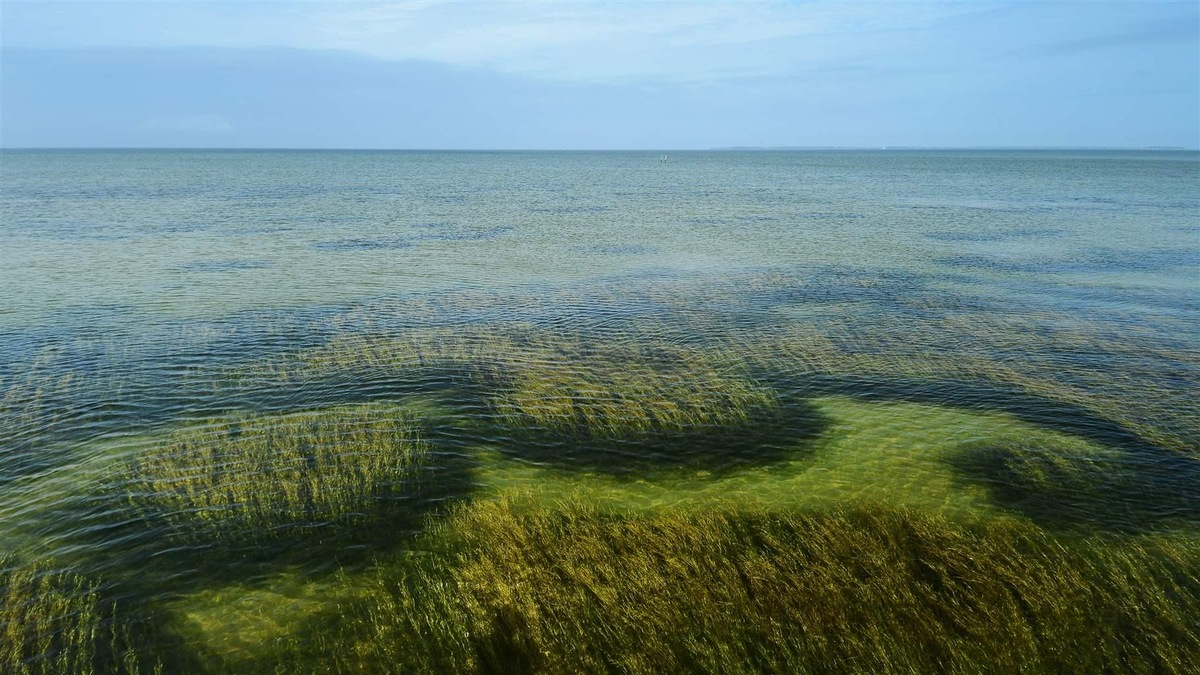
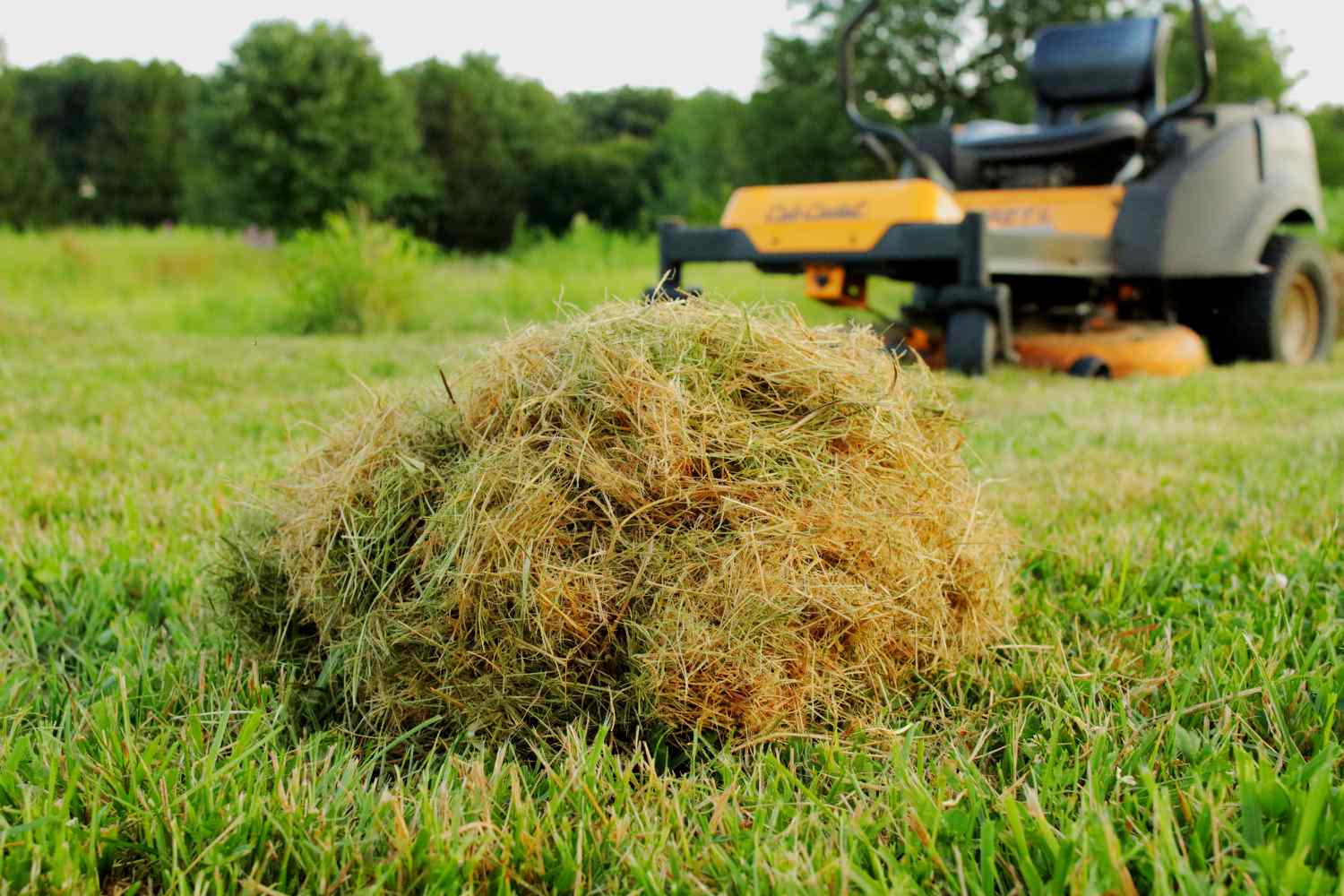
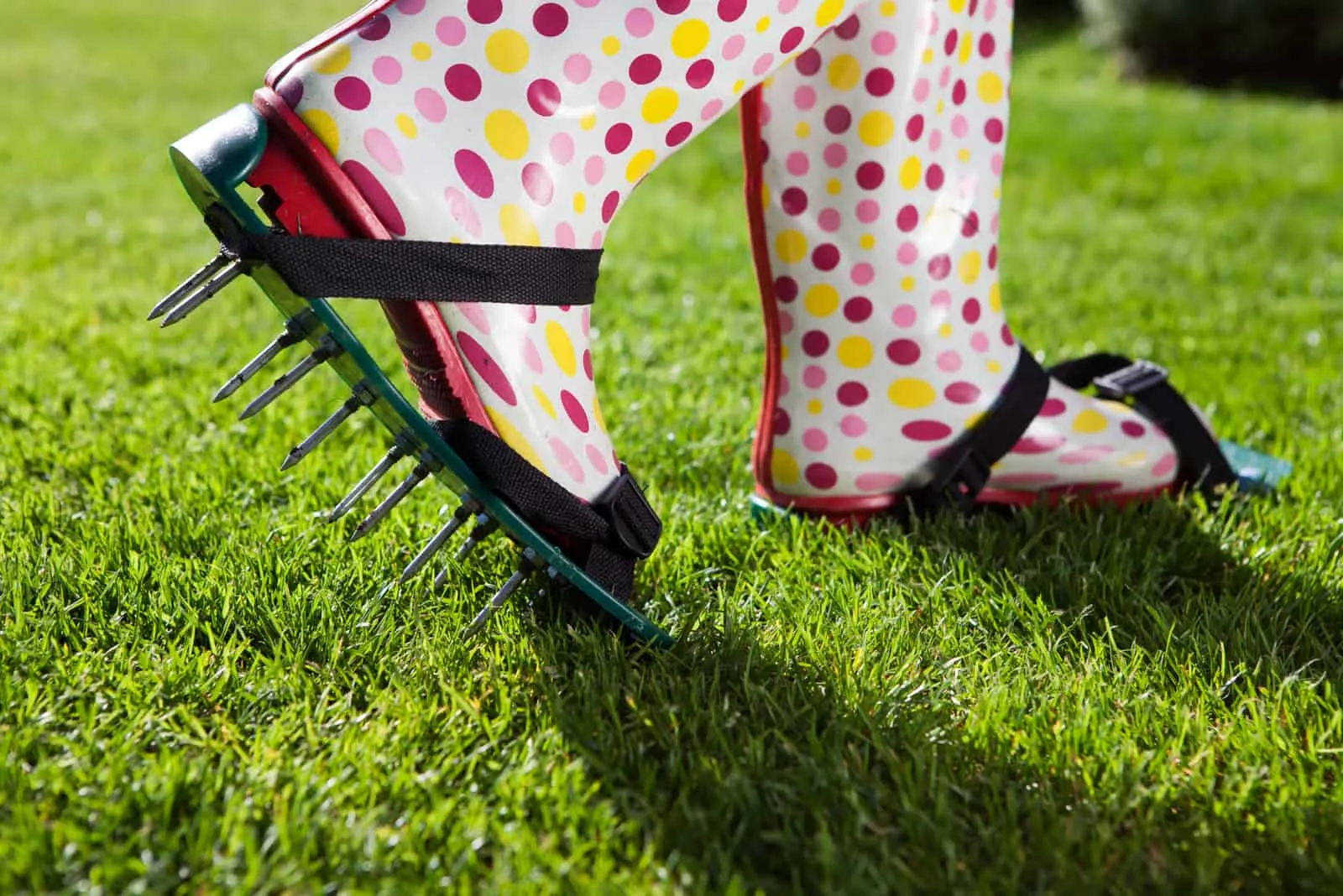
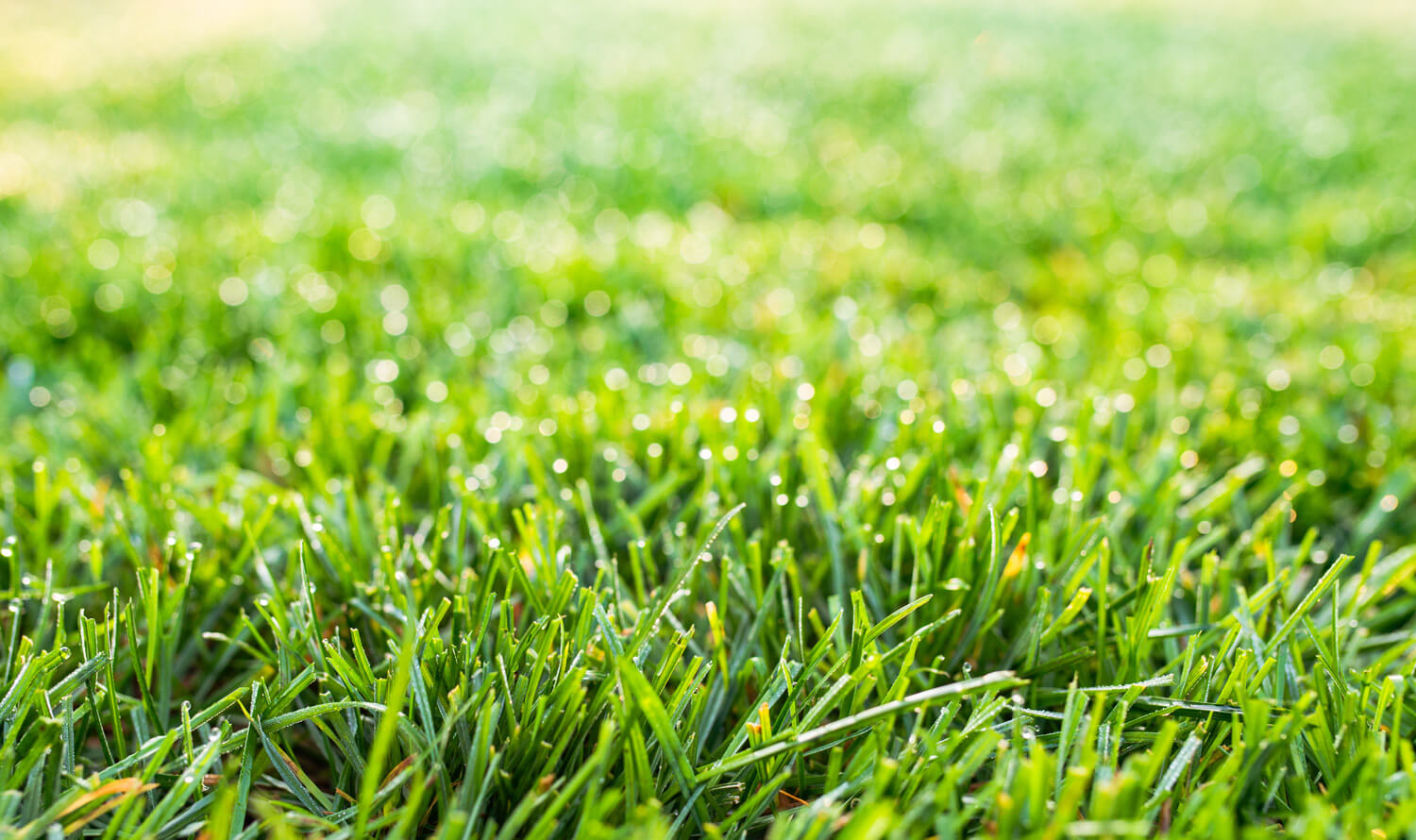
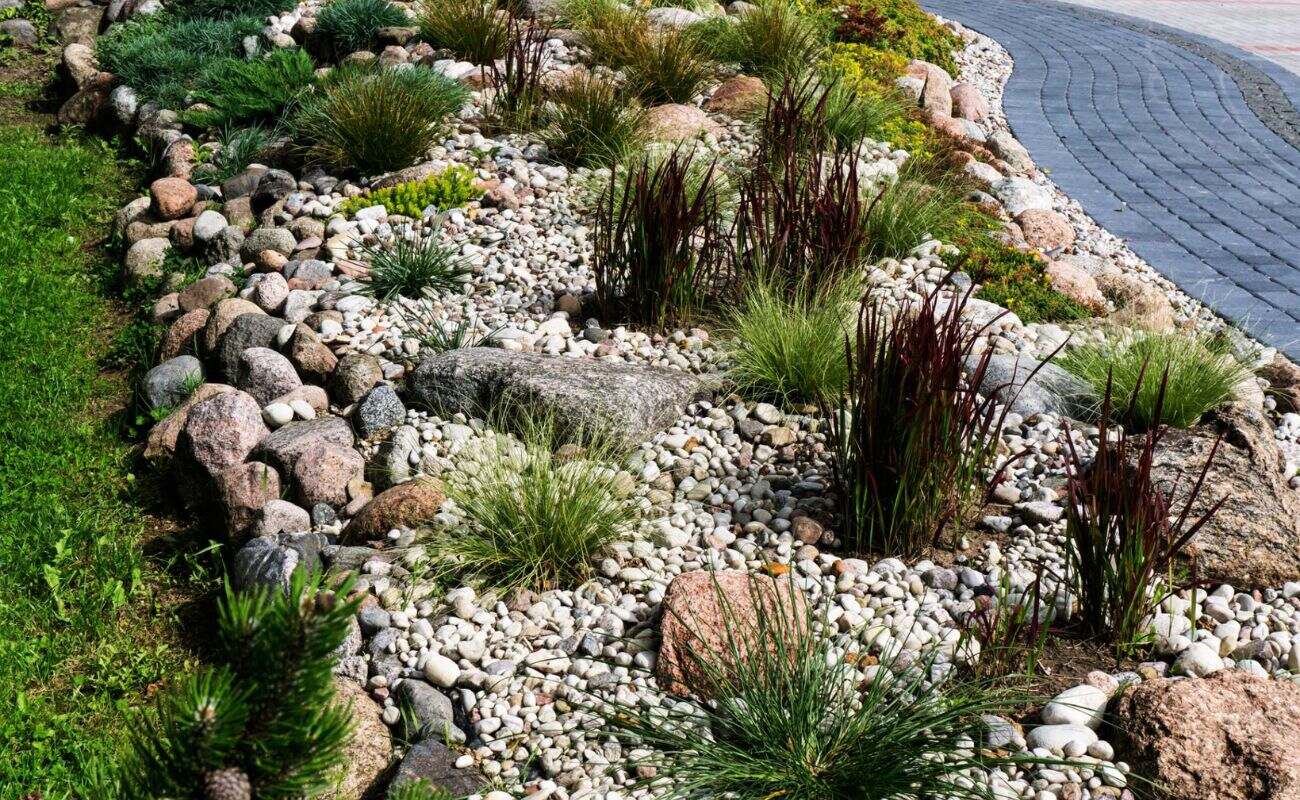
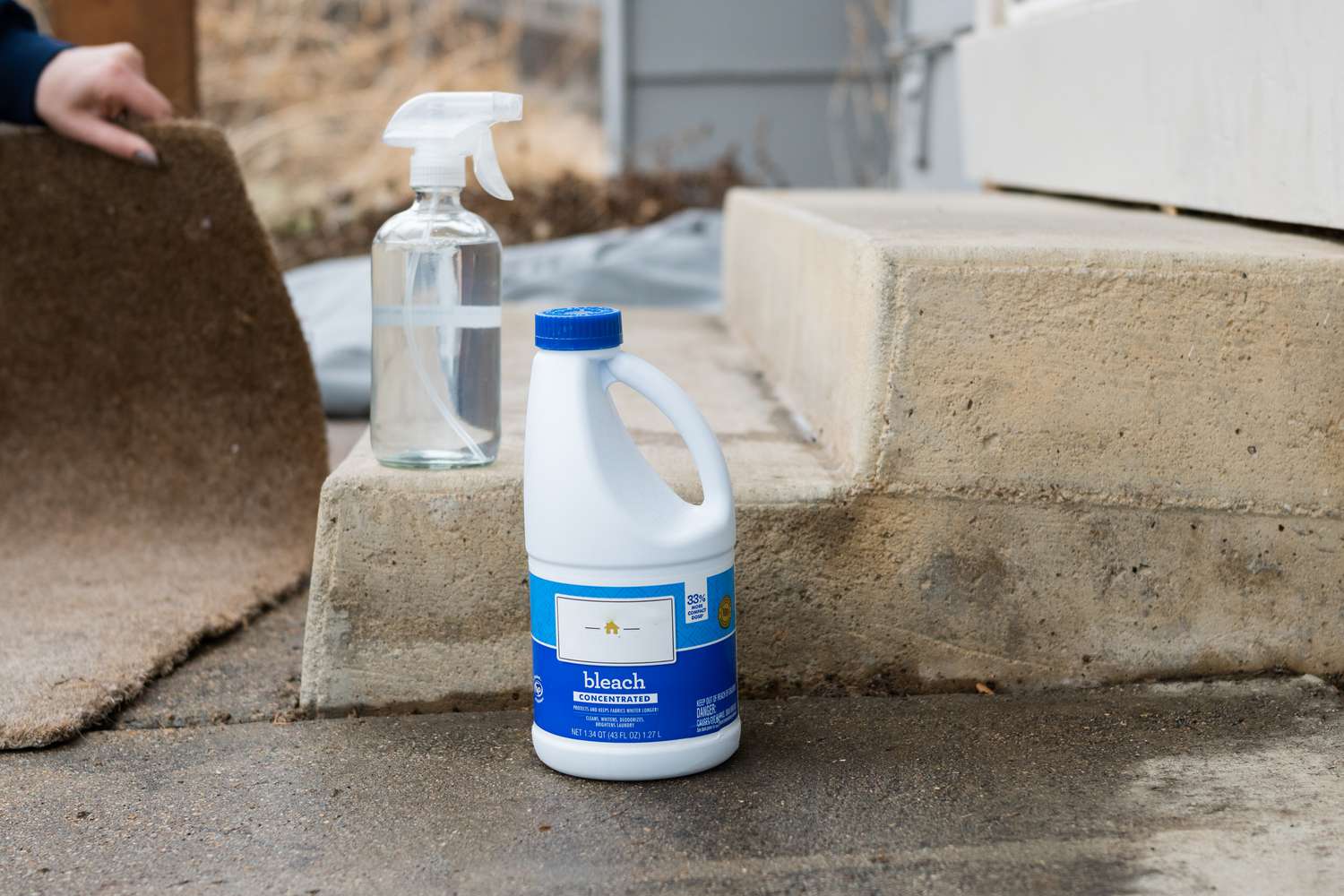
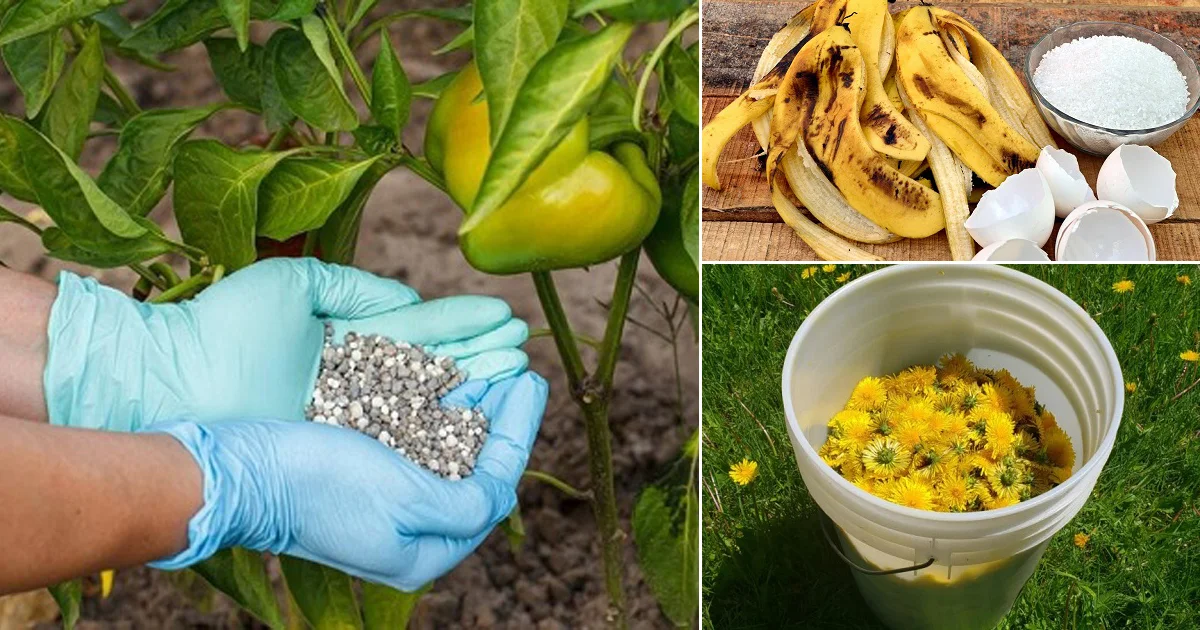
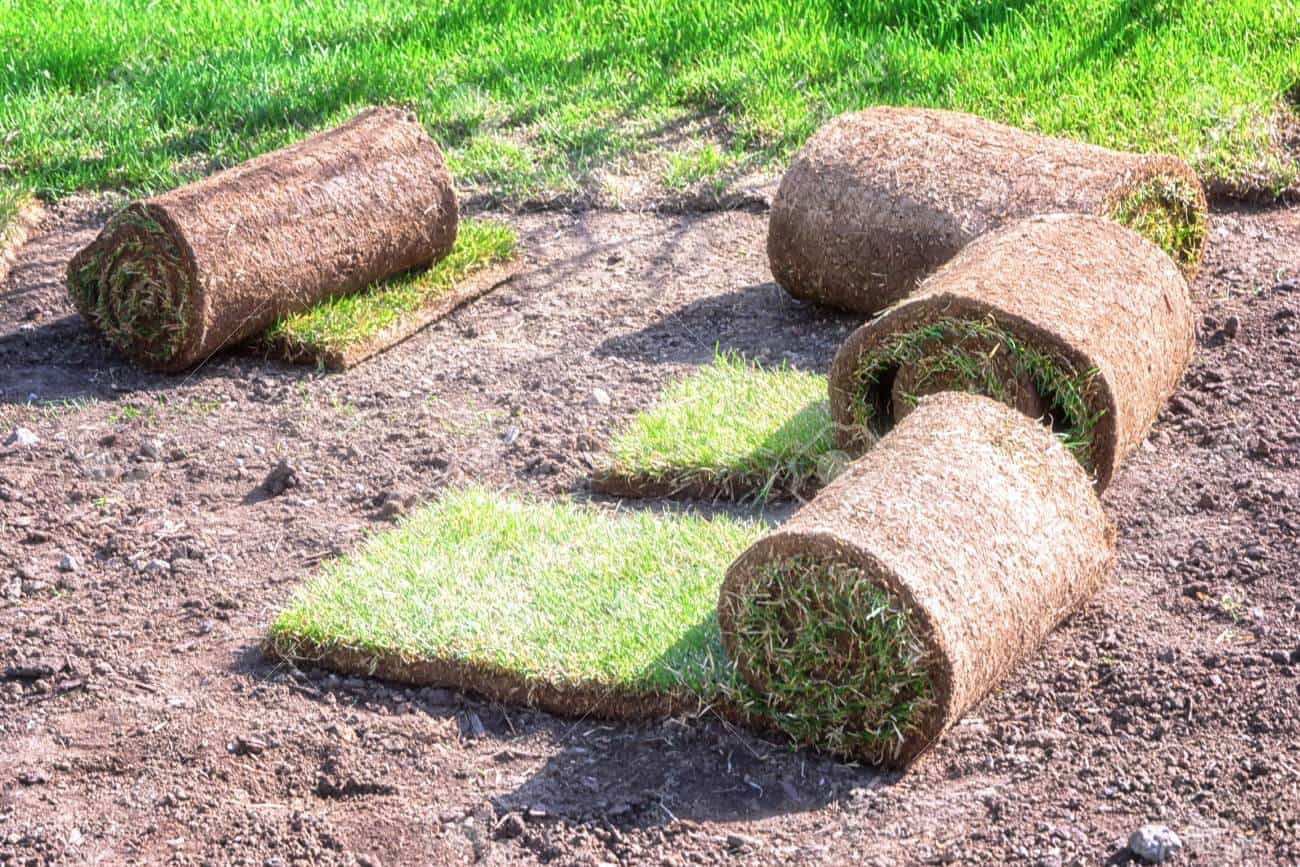
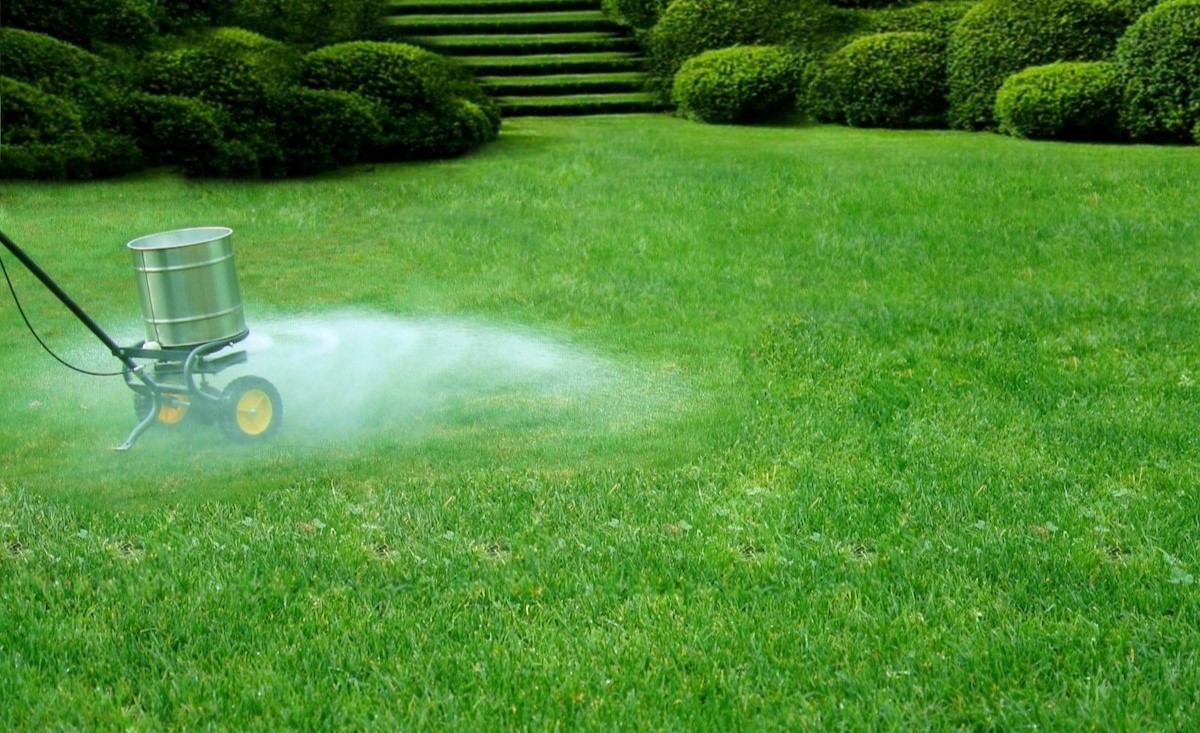
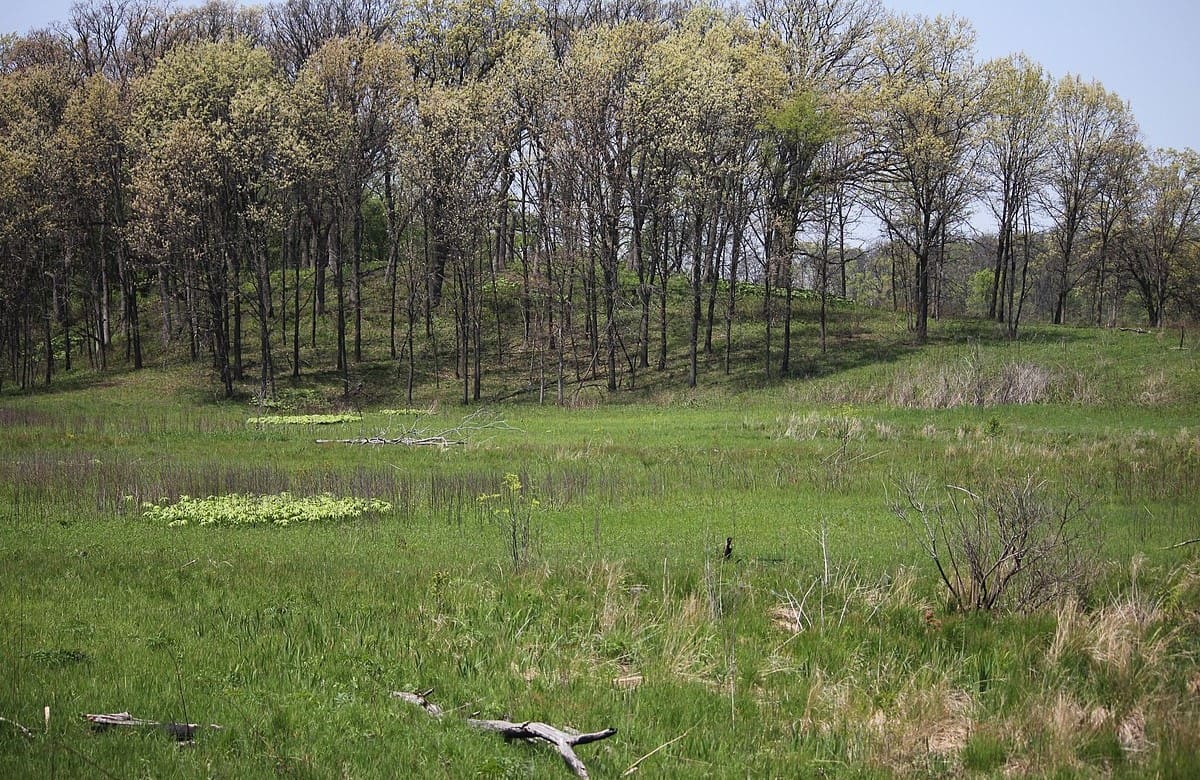
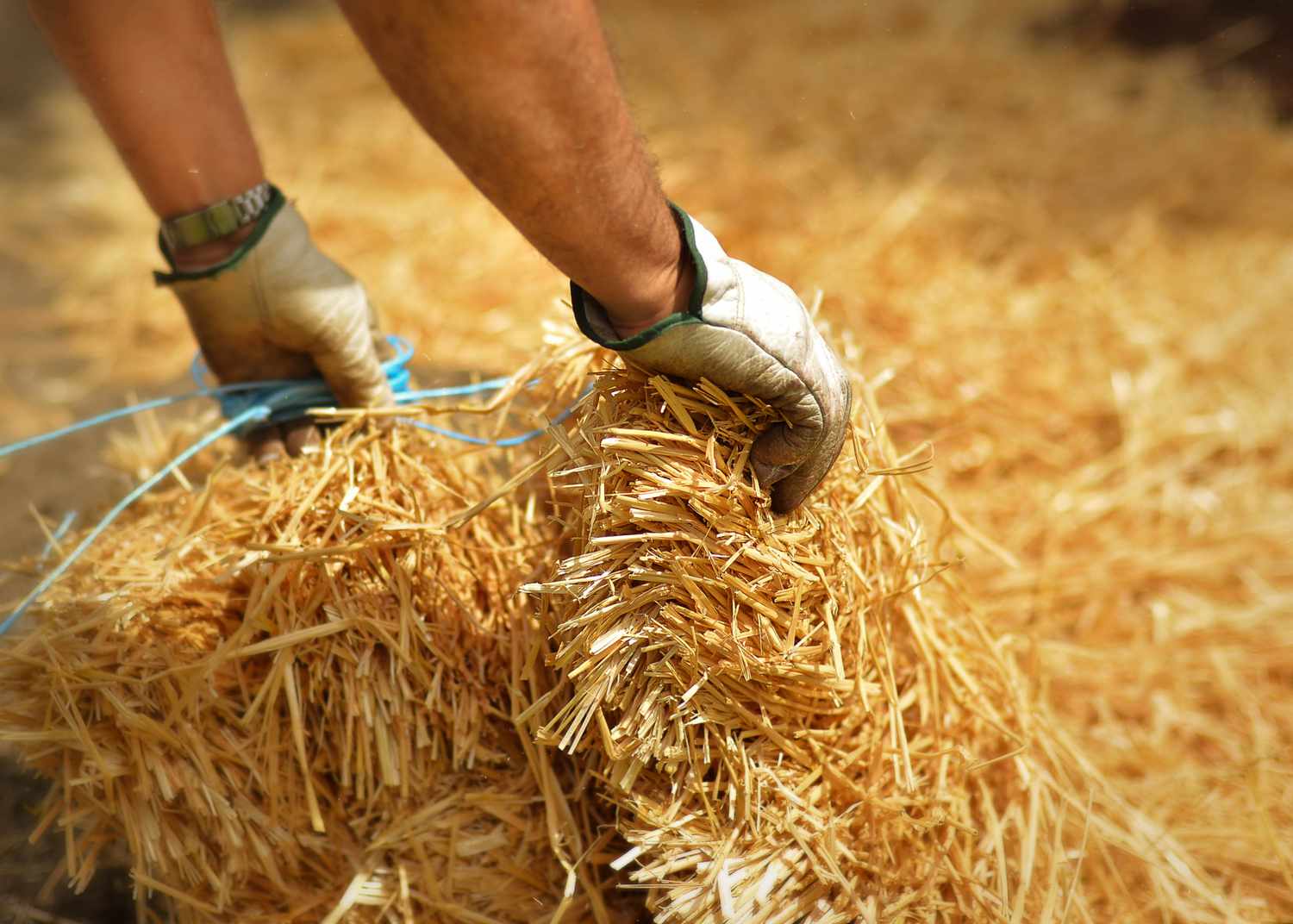
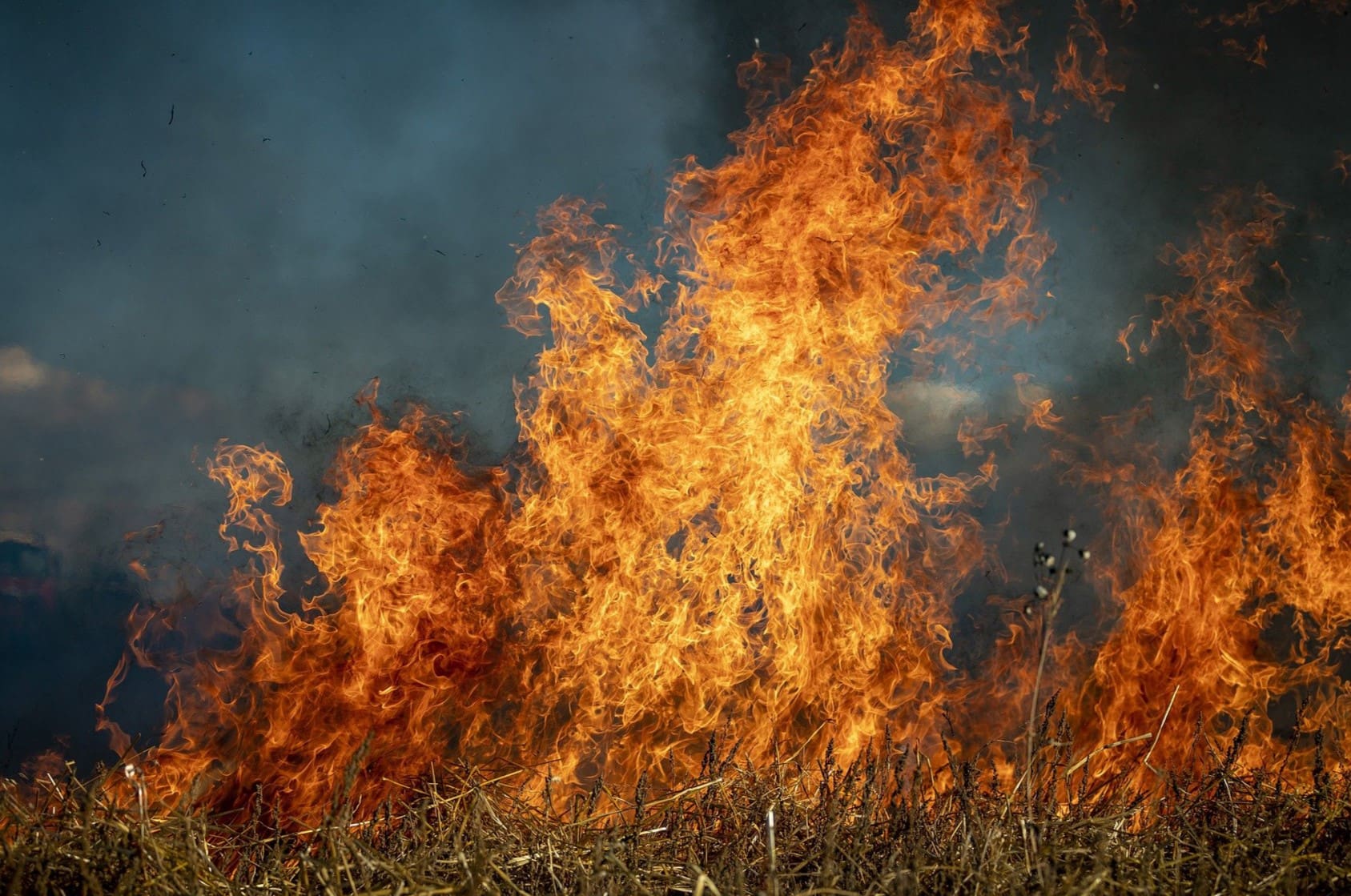
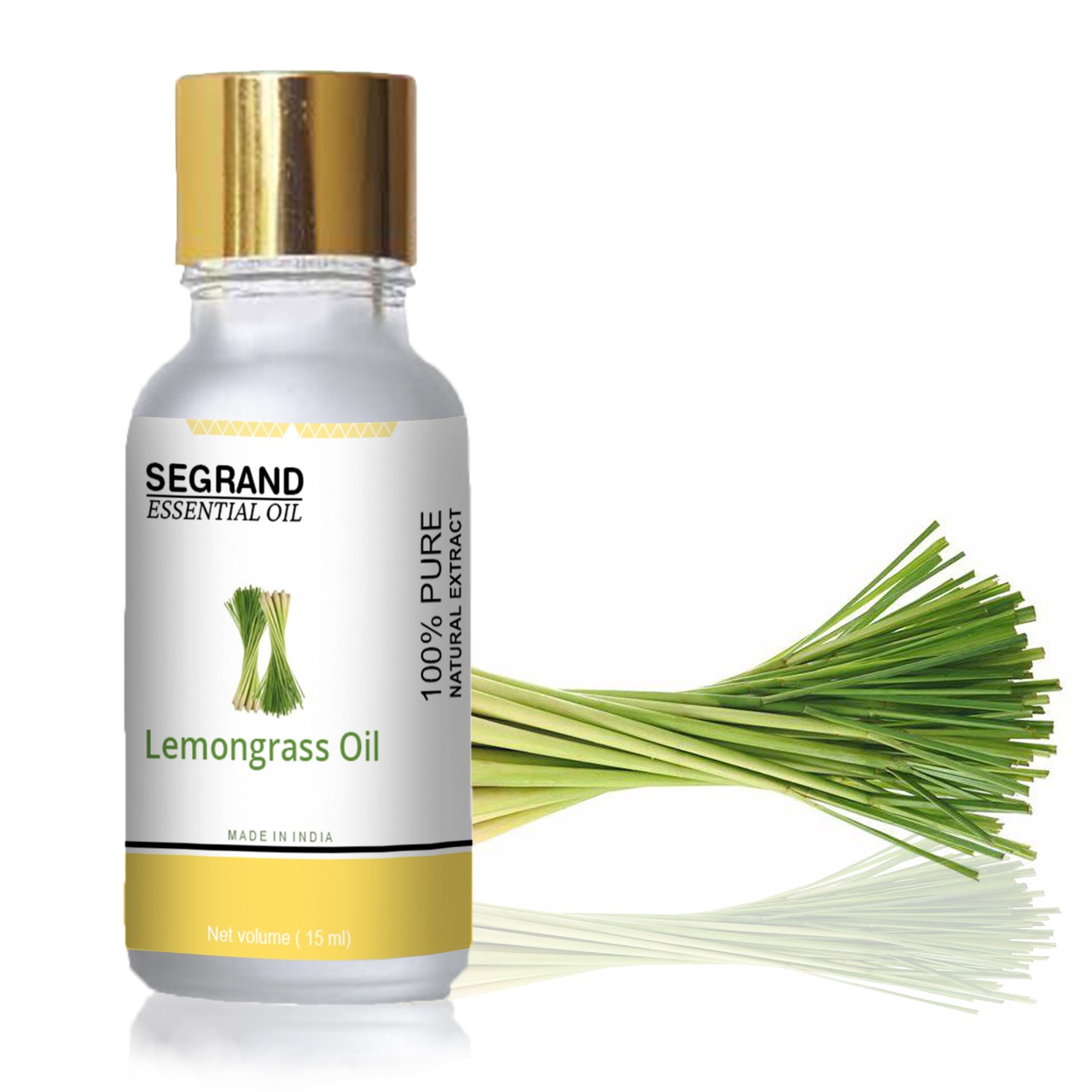
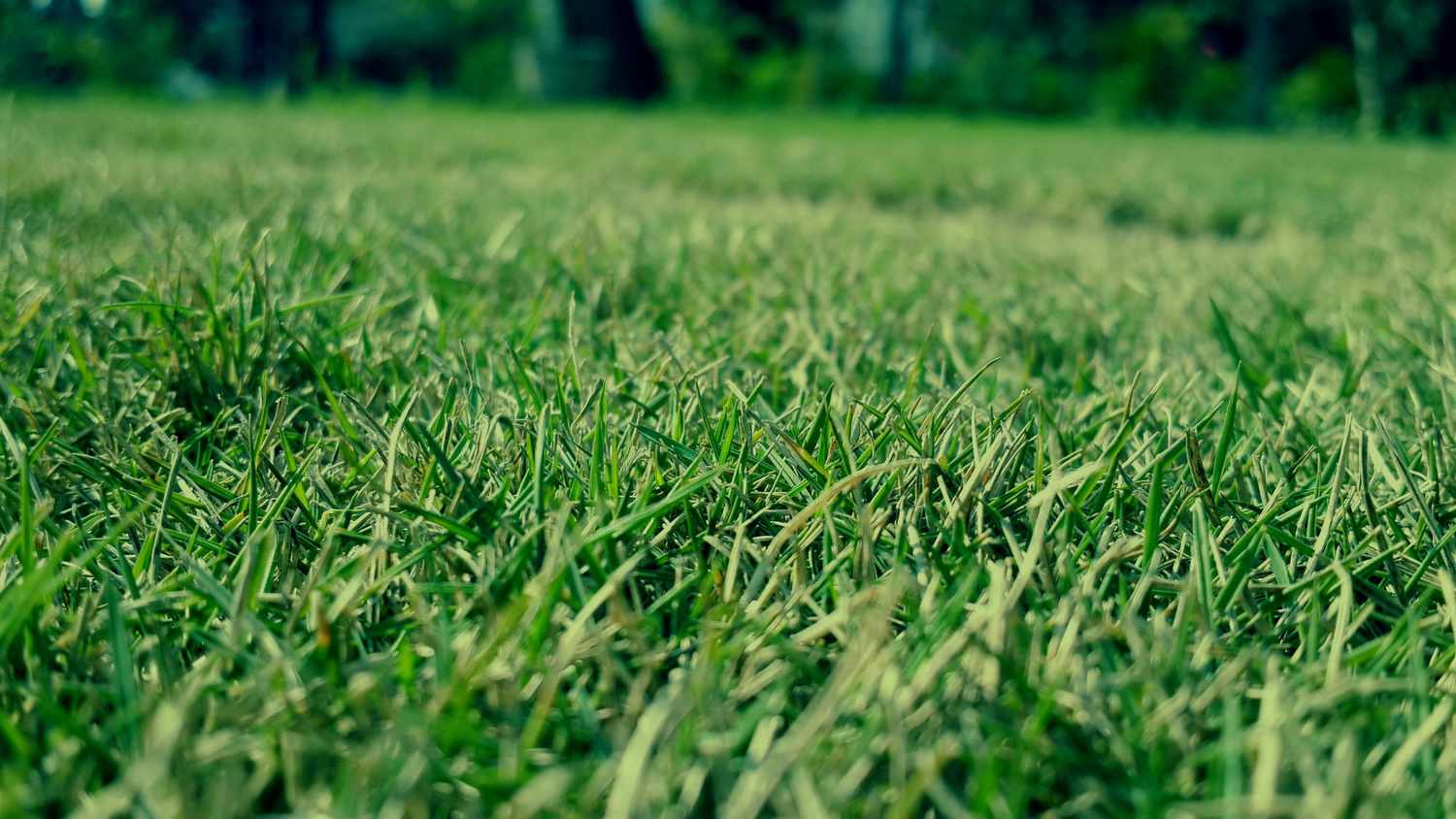
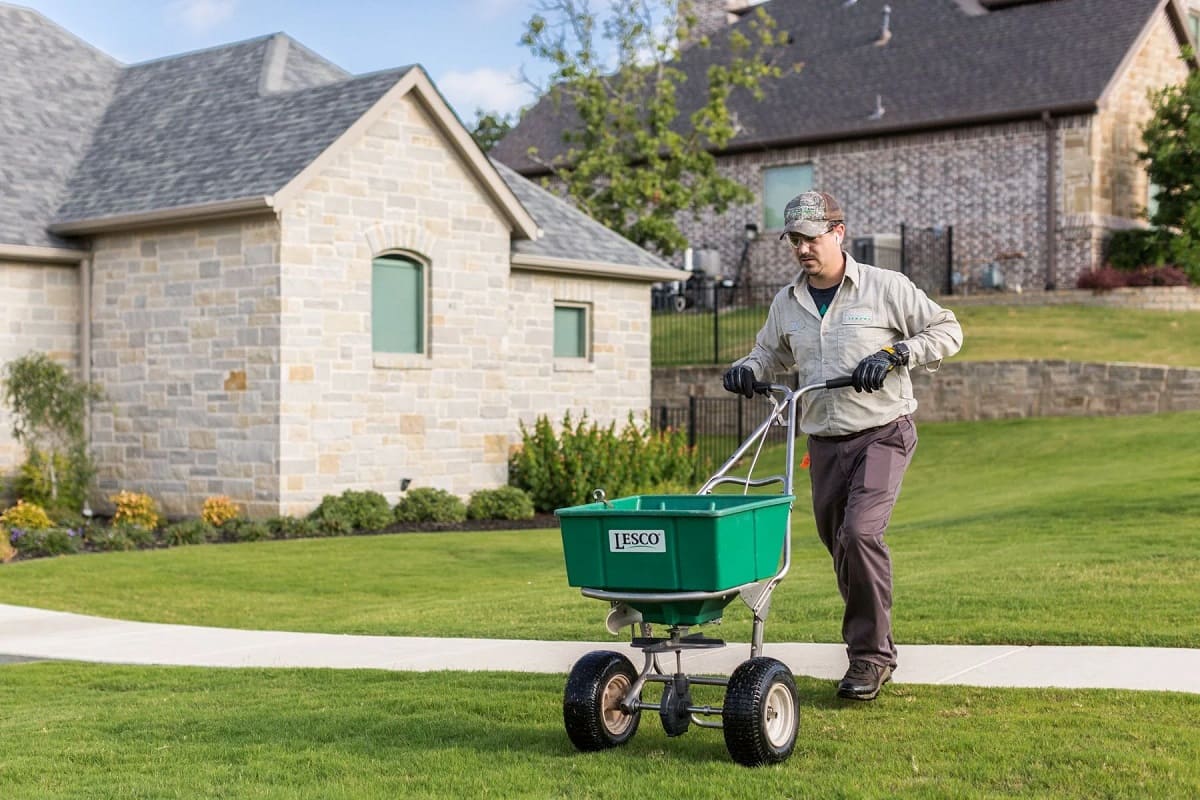

0 thoughts on “What Does Bleach Do To Grass”